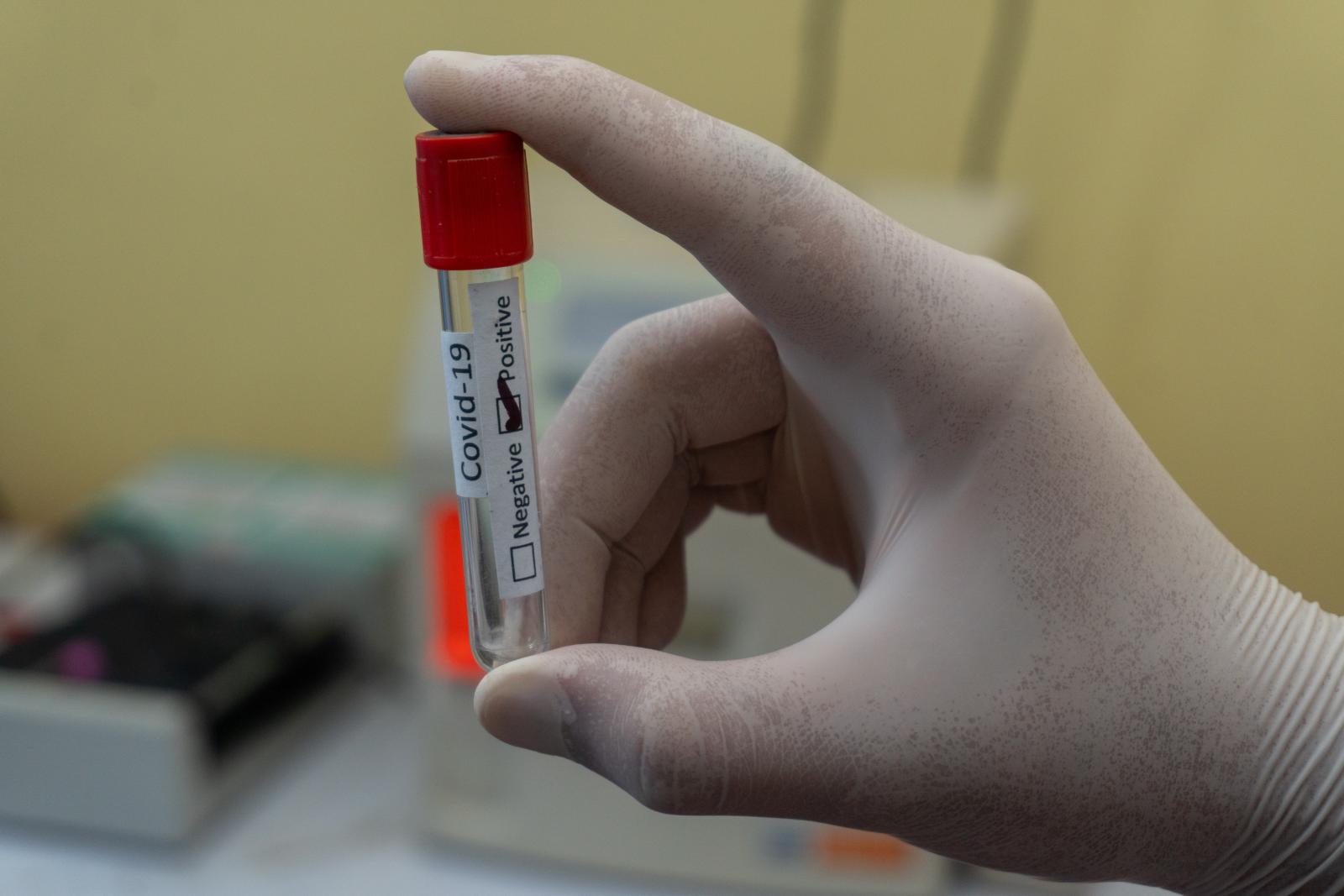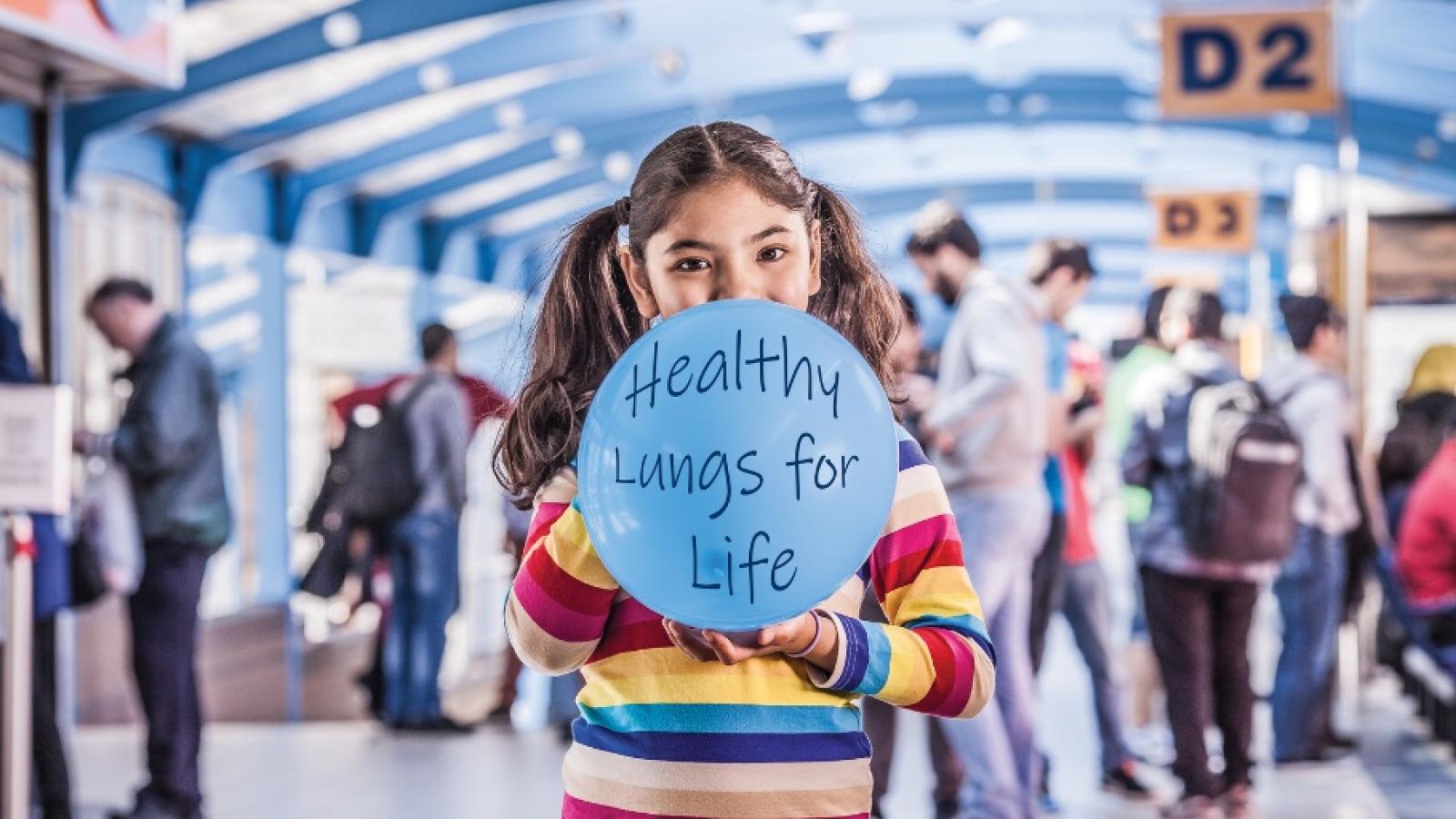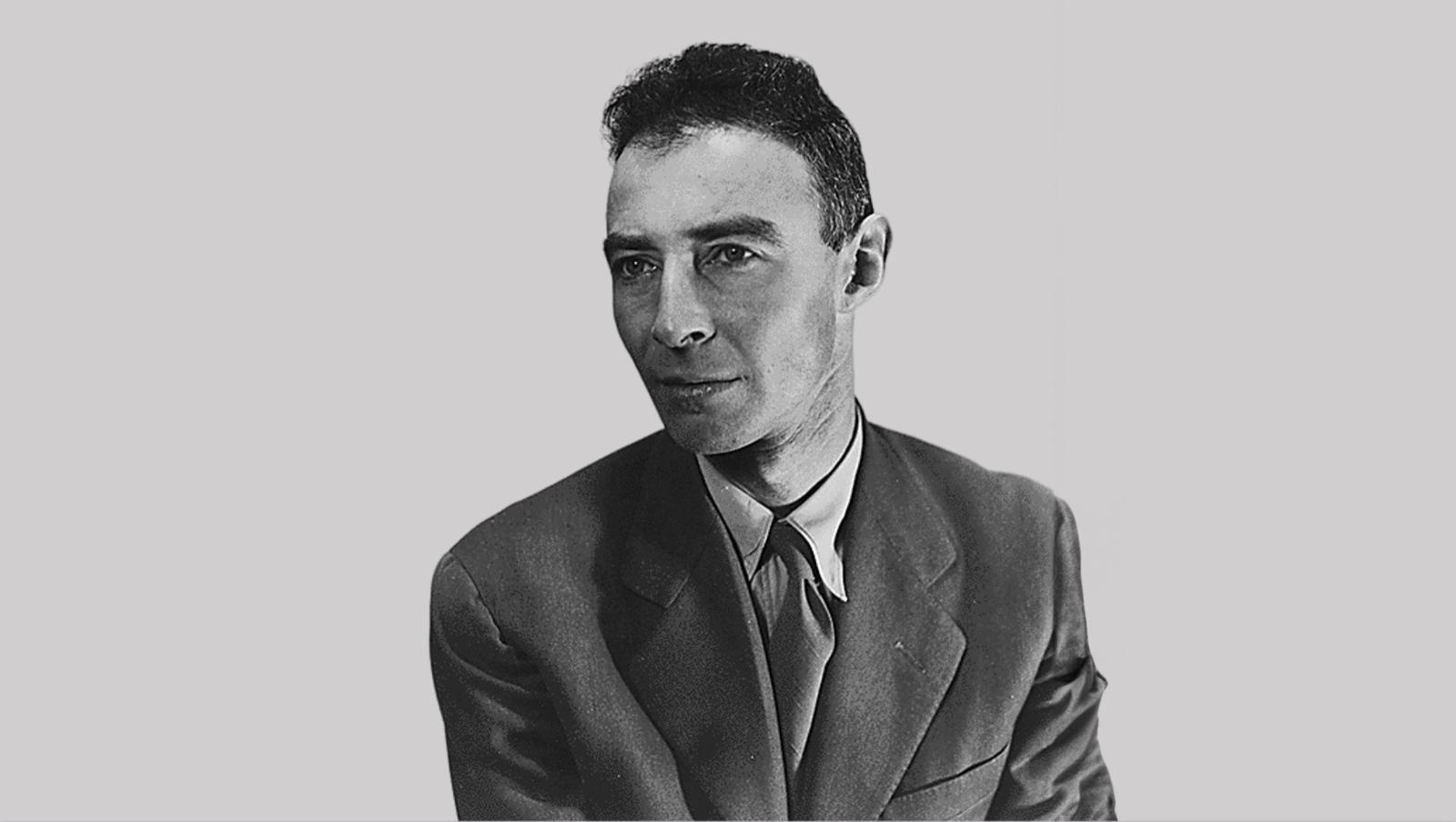Neanderthal genes made Covid more severe
A small group of genes that we inherited from the Neanderthal man - and from his romantic relationships with our sapiens ancestors - exposes us today to the risk of developing severe Covid. This is the unique conclusion of the Origin study by the Mario Negri Institute, presented yesterday in Milan and published in the journal iScience.





